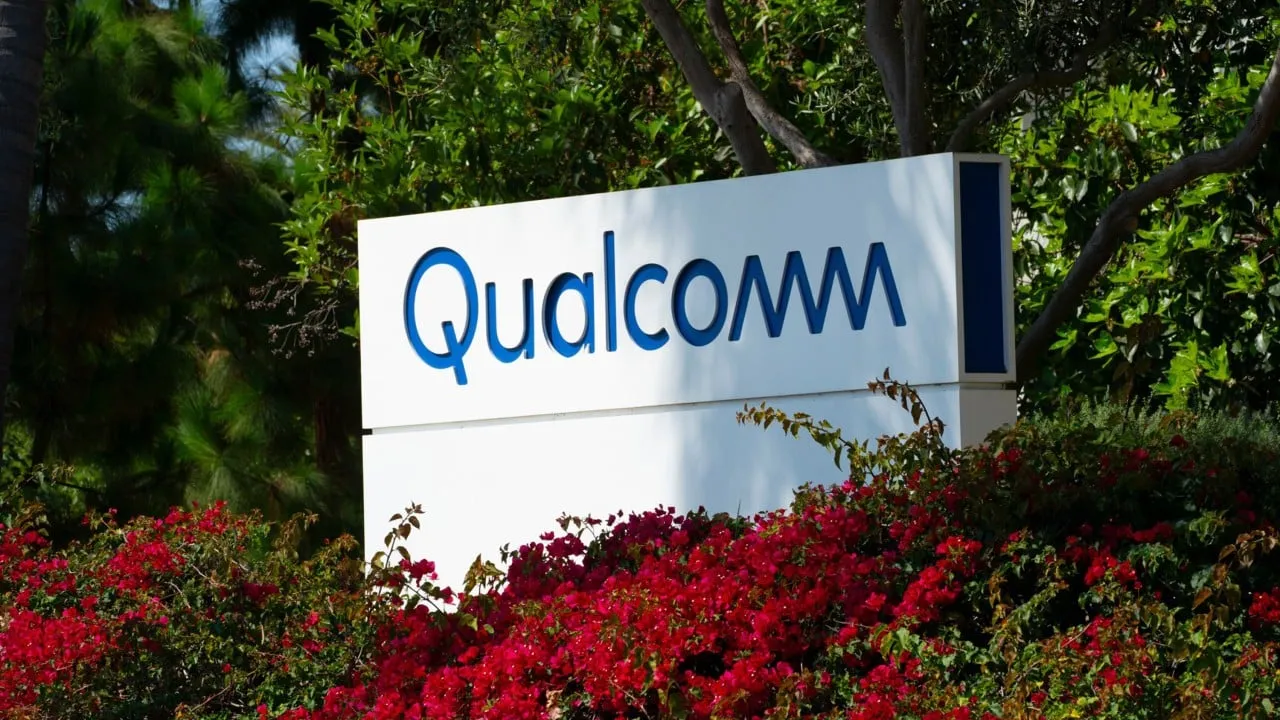US-China Relationship: The Stakes of Qualcomm's Takeover Bid for Intel

US-China Relationship Influencing Qualcomm's Bid for Intel
Qualcomm is likely to hold off on its bid to acquire Intel until after the US presidential election in November, according to sources familiar with the negotiations. This decision stems primarily from the need for clarity regarding the new administration's approach, especially concerning antitrust regulations and the multifaceted US-China relationship.
Impact of the Biden Administration on Chip-Making
Given the sensitivity surrounding the 2022 Chips and Science Act, Qualcomm's strategy heavily leans on the political climate. The current administration frames chip manufacturing as vital for national security, playing a substantial role in any potential merger considerations.
Qualcomm's Strategic Timing
- Qualcomm's unexpected approach to Intel happened in September.
- Informal inquiries were made to China's State Administration for Market Regulation regarding regulatory stances.
- Awaiting Intel's Q3 earnings, predicted net losses could alter financial dynamics favorably for Qualcomm.
Regulatory Challenges Ahead
Any merger between Qualcomm and Intel would undeniably face intense scrutiny from both US and Chinese regulators. Qualcomm believes that an all-American combination might mitigate such concerns. However, the absence of feedback from Chinese authorities remains a significant uncertainty in the deliberation process.
Intel's Journey and Alternatives
Under CEO Pat Gelsinger, Intel is pursuing a challenging shift with substantial investments in technology and product development. Apollo Global Management has expressed interest in supporting Intel, presenting an alternative path against Qualcomm's potential takeover.
This article was prepared using information from open sources in accordance with the principles of Ethical Policy. The editorial team is not responsible for absolute accuracy, as it relies on data from the sources referenced.